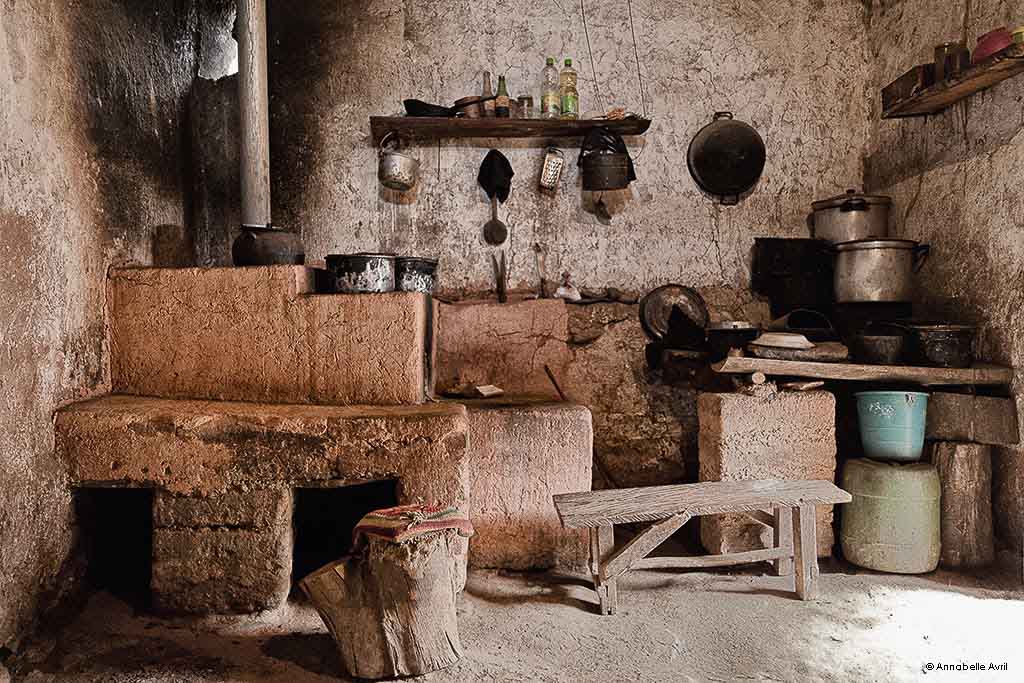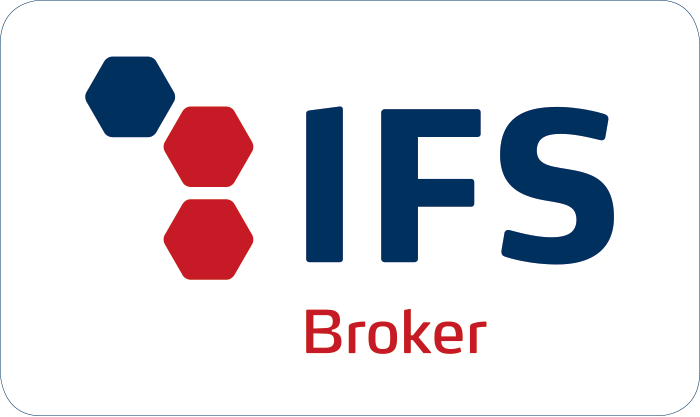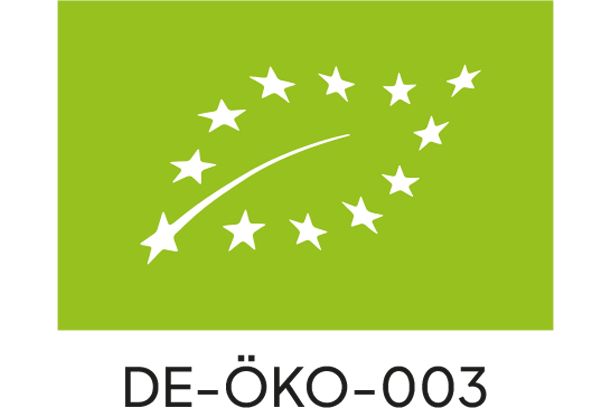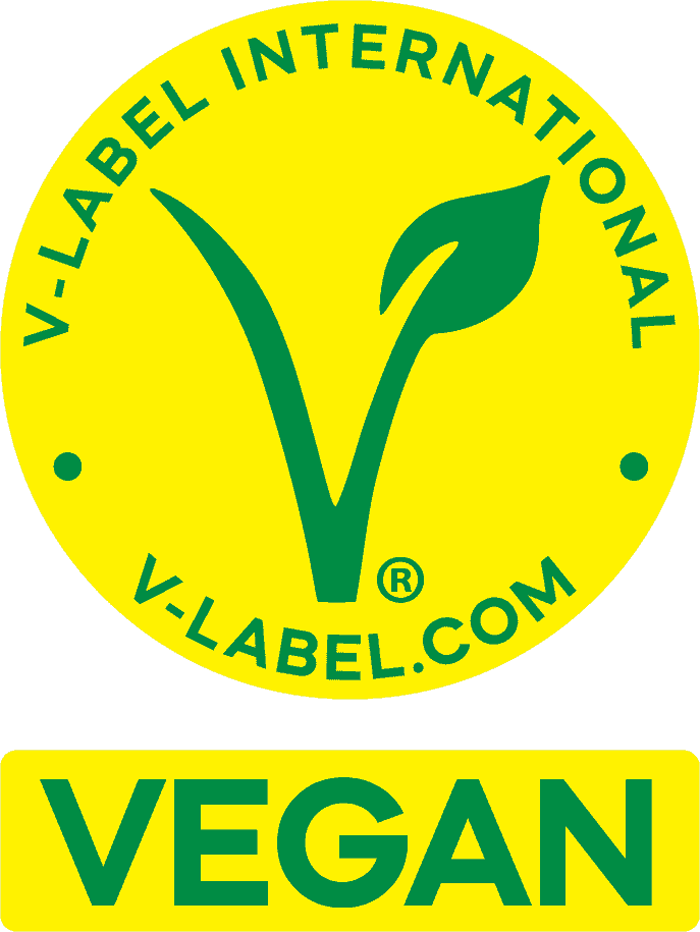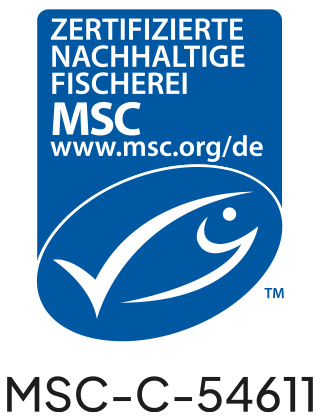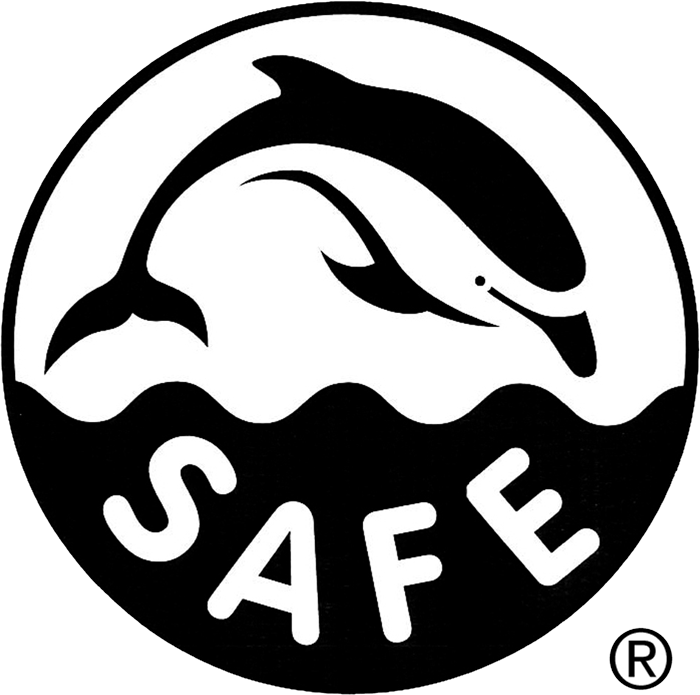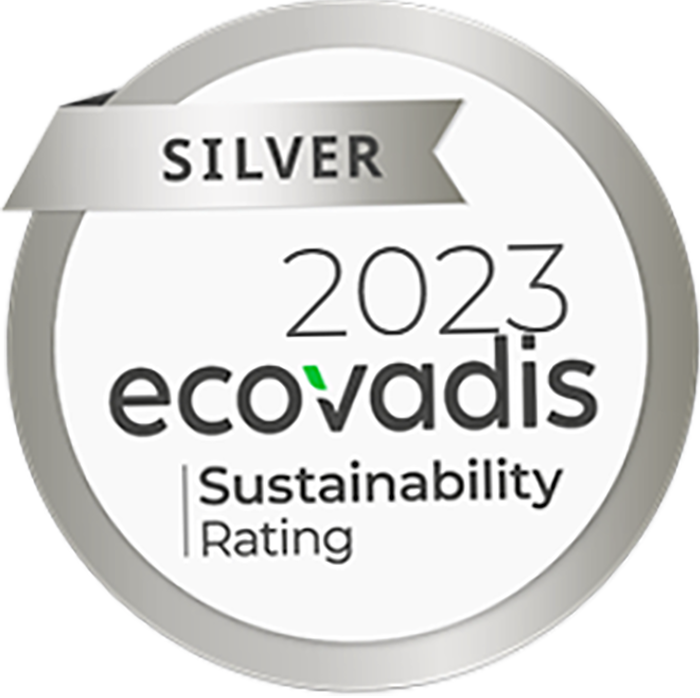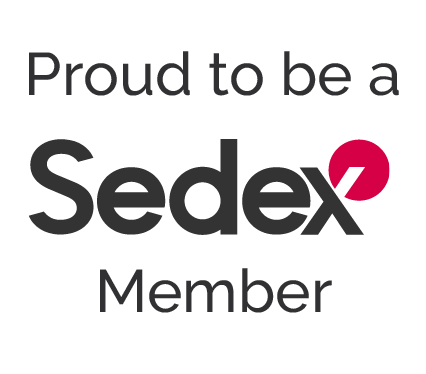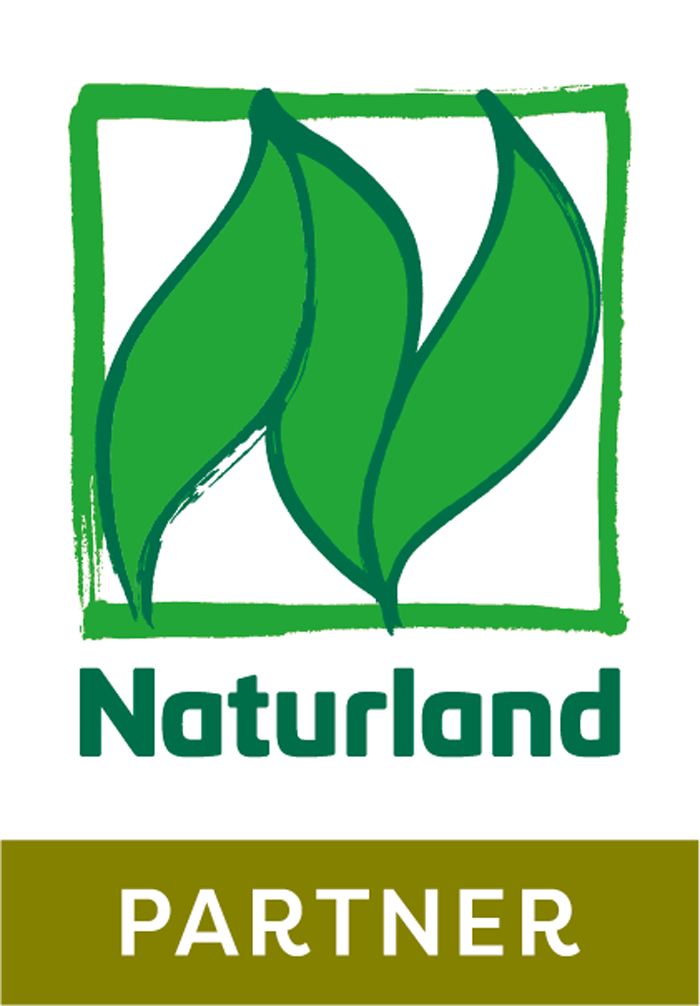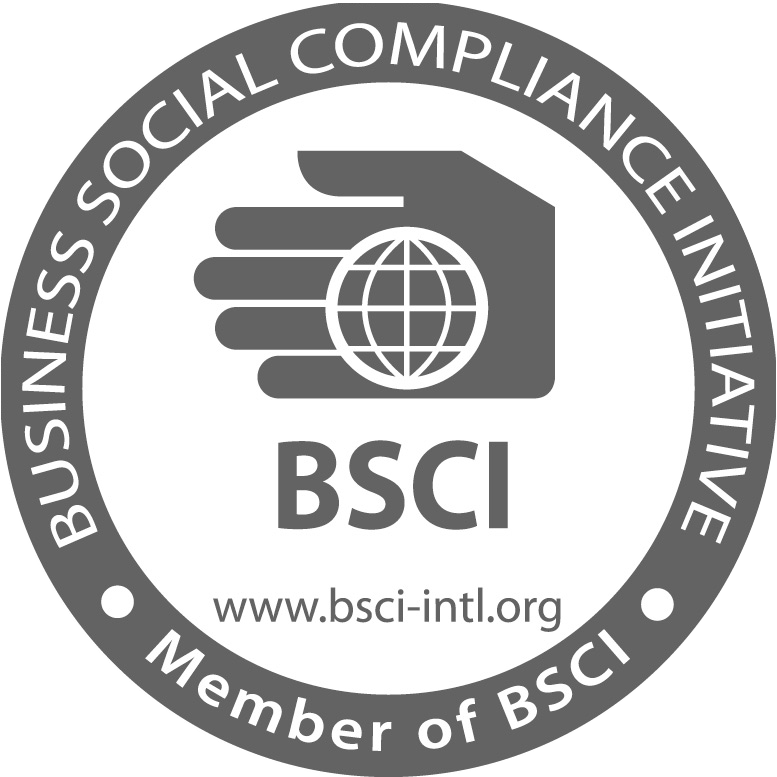Towards Net Zero: joint climate protection project in Peru
We are climate-neutral and offset our CO2 emissions. We support a Gold Standard-certified climate protection project in Peru.
We are aware of the role that food systems play in the climate crisis, as they alone are responsible for around a third of global greenhouse gas emissions [1]. For this reason, as a food supplier, we want to ensure that theCO2 emissions caused by our services at the Bremen site are kept to a minimum. We keep an eye on ourCO2 emissions and reduce them wherever possible. We compensate for any emissions that do occur by supporting a Gold Standard-certified climate protection project in Peru: The Qori Q’oncha project. It offers solutions for clean and efficient cooking ovens.
The climate crisis has become a critical and global issue. The changing climate will bring with it a variety of economic and social risks in the coming decades. As a company that relies on the earth’s resources – to provide us with the food that we continually deliver to our customers – it is essential that we become aware of the impact of our business on the environment through careful introspection.
How did we calculate the climate impact of our location?
In this context, we have launched the calculation of our corporate carbon footprint(CCF) for 2020. We have engaged the company ClimatePartner for the calculation. ClimatePartner’scarbon footprint model is based on the Greenhouse Gas Protocol Corporate Accounting and Reporting Standard (GHG Protocol). This is an internationally recognized standard for calculatingCO2 emissions. In addition to data from many years of cooperation with companies, ClimatePartner also uses data from databases such as ecoinvent – a transparent, non-profit organization founded by various institutes of ETH Zurich and Agroscope and technically supported (software) by ifu (Institute for Environmental Technology) Hamburg.
What is included in this calculation?
heat and electricity consumption of our office: As we do not produce any ourselves, we can keep our consumption low compared to other emissions. 23 percent of our emissions are caused by heat generation in our offices. Our electricity consumption, on the other hand, accounts for only 4 percent.
Employee mobility: Aspects such as travel, business trips and vehicle fleet were also taken into account. Employee commuting is the main driver of emissions in our corporate balance sheet and is the most significant emitter at around 33 percent. Our vehicle fleet accounts for around 15 percent. emissions from business travel (flights, rail travel, rental and private vehicles) are low for 2020 due to the Covid-19 pandemic, at around 13 percent.
Working from home: The pandemic has led to many employees working from home. emissions caused by working from home (upstream chain of heating/cooling, upstream chain of fuels and upstream chain of electricity) together account for around 12 percent of our corporate balance sheet.
What now?
Although, as a food importer and the associated business activities, we do not cause as muchCO2 emissions as if we were a food producer, we want to further improve our carbon footprint. We will pay particular attention to our most important emmitent (employee mobility). We give our team incentives to use low-emission mobility (e.g. company bike leasing, bicycle donation campaign or sustainable travel options such as climate-neutral flights). Our business trips in 2020 and 2021 were greatly reduced due to the pandemic. We can only estimate how muchCO2 emissions we would normally have caused through our business trips. We will also switch to green electricity from 2022, thereby reducing theseCO2 emissions to almost zero.
But what are we going to do with theCO2 emissions we caused in 2020?
Our aim is to reduce the amount of emissions in our next corporate balance sheet. Until then, we have decided to offset all ourCO2 emissions and thus achieve climate neutrality for our company. We achieve this by supporting a Gold Standard-certified climate protection project in Peru.
Qori Q’oncha – Climate protection project: Clean cooking stoves, nationwide in Peru
The Qori Q’oncha project offers solutions for clean and efficient cooking ovens. It supports families in poor, rural areas of Peru and was the first Program of Activities (PoA) to be certified according to the Gold Standard. Clean cooking stoves are simple devices made of metal or clay that use energy more efficiently. The families save around 60 percent on fuel and thus also reduce theirCO2 emissions. A cooking oven from the project saves an average of 8.3 tons ofCO2 per year.
Find out more about the Qori Q’oncha project here.
You can find out more about our climate neutrality and ClimatePartner here.
